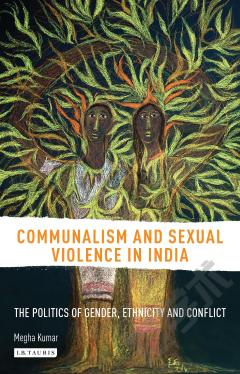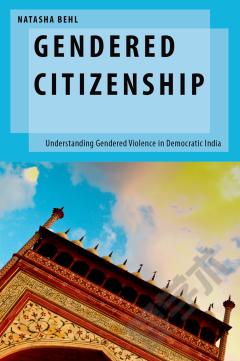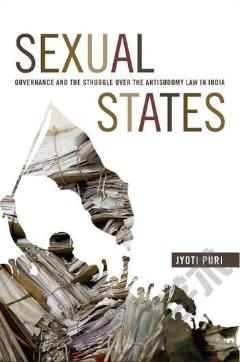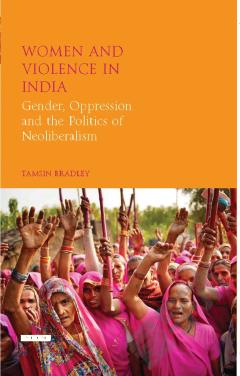Communalism and Sexual Violence in India
Sexual violence has been a regular feature of communal conflict in India since independence in 1947. The Partition riots, which saw the brutal victimization of thousands of Hindu, Muslim ahave so far dominated academic discussions of communal violence. This book examines the specific conditions motivating sexual crimes against women based on three of the deadliest riots that occurred in Ahmedabad city, Gujarat, in 1969, 1985 and 2002. Using an in-depth, grassroots-level analysis, Megha Kumar moves away from the predominant academic view that sees Hindu nationalist ideology as responsible for encouraging attacks on women. Instead, gendered communal violence is shown to be governed by the interaction of an elite ideology and the unique economic, social and political dynamics at work in each instance of conflict. Using government reports, Hindu nationalist publications and civil society commentaries, as well as interviews with activists, politicians and riot survivors, tnew insights into the factors and ideologies involved in communal violence, conditions that work to prevent sexual violence in certain riot contexts.The Politics of Sexual Violence in India will be valuable for academic researchers, Human Rights organizations, NGOs working with survivors of sexual violence and for those involved with community development and urban grassroots activism.
{{comment.content}}








 京公网安备 11010802027623号
京公网安备 11010802027623号